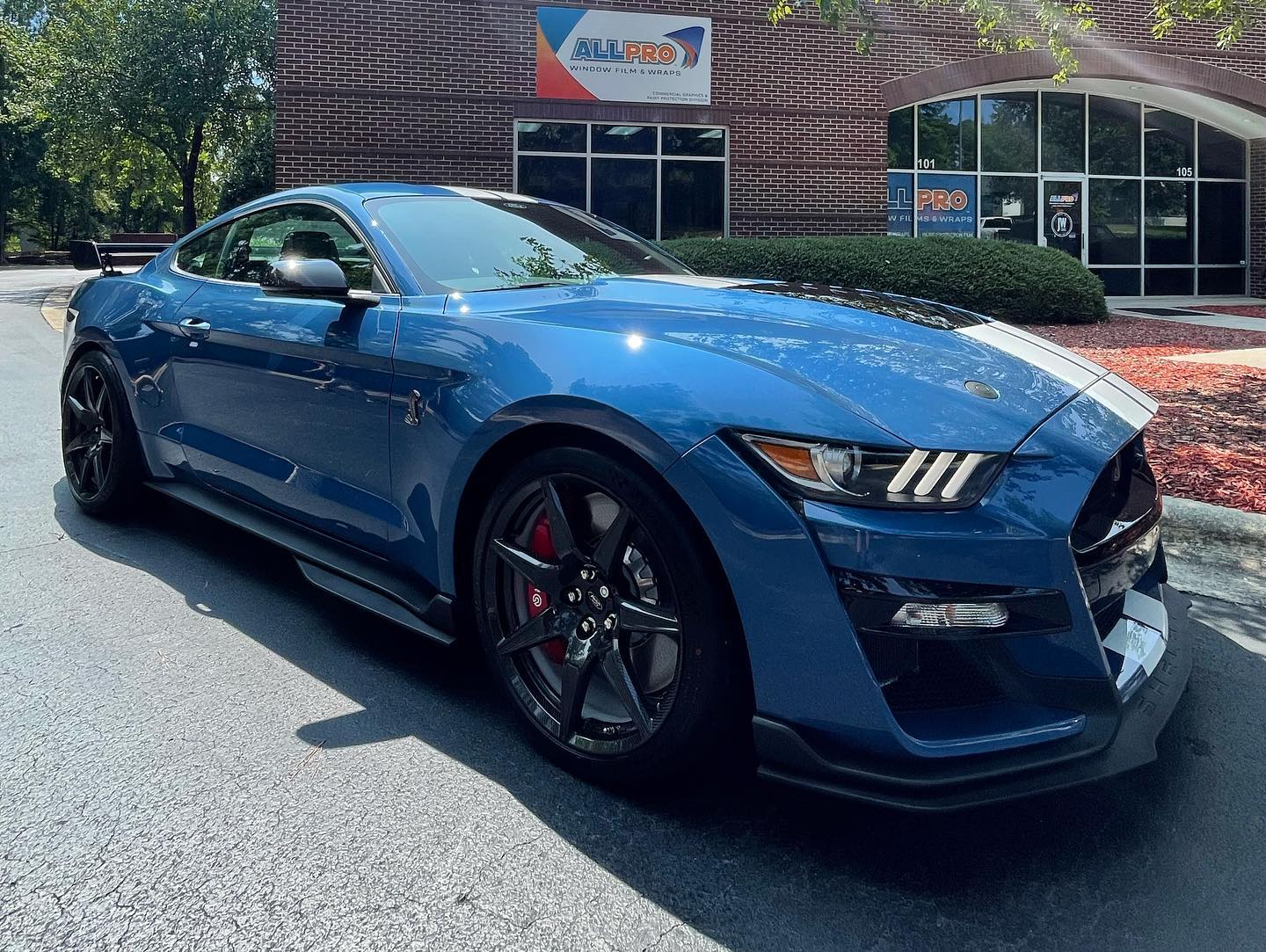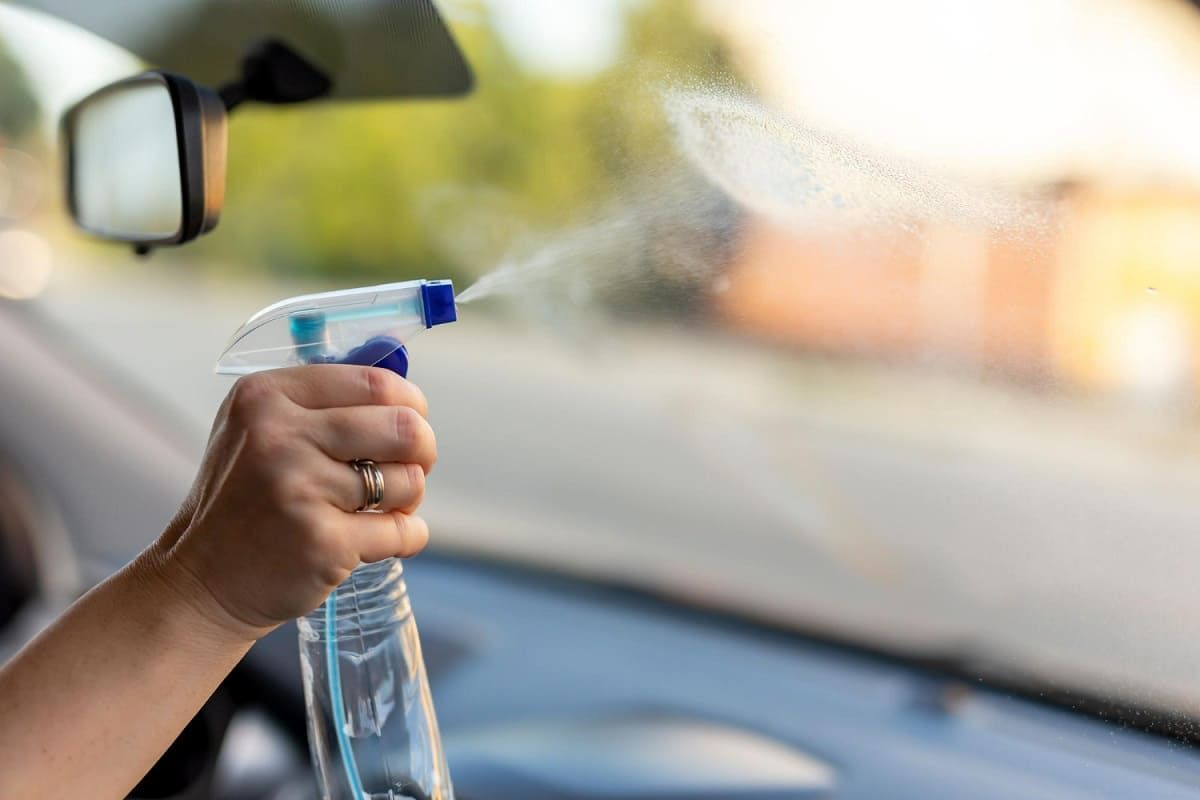Protecting Against the Winter Sun: The Impact of UV Rays in the Winter
Just because it's cold outside doesn't mean UV rays are weak. Learn about the impact of UV rays in the winter in this guide.

UV rays rip across the United States. The incidence rate of malignant melanoma has risen by four percent every year since the 1970s.
One reason why is misinformation about UV rays. Many people assume that UV winter damage is insubstantial, so they go outside without protection. That is far from the truth.
What are the effects of UV rays, both on the body and on the car? What is the strength of UV rays in the winter? What can you do to avoid damage to your skin and vehicle?
Answer these questions and you can limit the sun's devastating effects. Here is your quick guide.
The Effects of UV Rays
Ultraviolet rays are electromagnetic radiation that the sun creates. Very hot objects like tanning lamps and electric arcs can also create UV rays.
The atmosphere blocks the majority of UV rays from the sun. But rays can pass through the atmosphere and clouds before reaching the ground.
One ray can damage the DNA inside skin cells. It can sterilize the epidermis, causing it to become irritated. The skin then becomes inflamed and red, revealing a sunburn.
Most sunburns do not result in significant damage. Some people develop a tan instead of a sunburn, limiting the damage they receive. But enough damage to the DNA of skin cells through time can result in skin cancer.
UV damage to your car is also possible. UV rays can crack or fade the paint on your car. It can also heat the inside of your car, damaging your dashboard and upholstery.
UV Rays in the Winter
Seasons occur due to the tilt of the Earth. During winter, the Northern Hemisphere tilts away from the sun. The sun's rays hit the hemisphere indirectly, causing temperatures to drop. The sky becomes cloudier and snow and rain are more likely.
The tilt of the Earth does mean that UV rays are weaker. But the decline in their power is not substantial. On a sunny day, it is possible for rays to damage your skin or your car.
Snow and ice can reflect 80% of the UV rays that reach the ground. These rays can rebound onto your skin or car, causing substantial damage.
At higher altitudes or latitudes, the UV rays become stronger. If you go onto the mountains during the winter, you may become sunburned if you don't have protection. You can also receive damage if you travel to the Northern United States, Europe, or Canada.
Protect Yourself
The best way to protect your skin is to wear sunscreen. Buy some sunscreen with a high SPF rating and apply it to all areas of your face, neck, and hands.
Wear clothing that covers large parts of your skin. A hat will cover your scalp and prevent rays from reaching your neck or shoulders. Wear long sleeves and a thick jacket for additional protection.
UV rays can damage the eyes. You should wear dark sunglasses with a high SPF rating. The glasses should wrap around your eyes, preventing sunlight from entering your retinas.
Many people assume that glass reflects UV rays. It is true that glass reflects most rays, but some can still pass through and burn you. If you are seated in a vehicle for a long period of time, you should wear sunscreen.
Avoid going out while the sun is at its strongest, which is between 10:00 a.m. and 4:00 p.m. It is okay to have a little exposure to the sun without protection, but you should keep your exposure time short. Use shortcuts to get to your destination in a few minutes.
Protect Your Car
You should follow similar rules for your car. Do not drive or park your car in areas where there is direct sunlight. Plan out your route in advance so you go to areas that have a lot of shade.
Try to avoid parking on the street. Pull your car into an enclosed garage or under a tree.
If you must park on the street, park away from buildings with light colors. Light colors reflect UV rays outward, and they can hit your vehicle. You should also avoid buildings made with reflective materials like glass and steel.
If you add paint decals to your car, pick paints that will resist cracking or peeling. You can add paint protection to all of the painted areas on your vehicle. This is especially important for flat areas that may be directly exposed to the sun.
You can get several tools to protect the inside of your vehicle. Window tinting can absorb UV rays, preventing them from passing through into your car.
Tints are made with ceramics that absorb the rays. They are not too dark, so you can see through the windows while you are driving.
Some people use curtains or awnings. They hang them up inside their car, or they drape them over the outside. This is an okay solution if you do not have access to tints, but tints are more effective.
Are UV Rays Dangerous in the Winter?
You deserve the facts about UV rays. The atmosphere does allow some rays through, and they can damage your DNA. They can also peel paint off of your car and heat up its interior.
This can happen during the summer or winter. Rays can bounce off of snow and ice, and they become powerful at high altitudes.
Wear sunscreen and clothes that conceal your skin. Park your car in shaded spaces away from reflective materials.
Buy paint protection and window tints as soon as possible. All Pro Window Films serves the Raleigh area. Get your free estimate today.

















